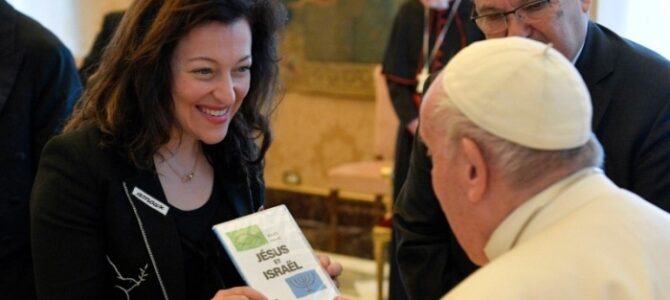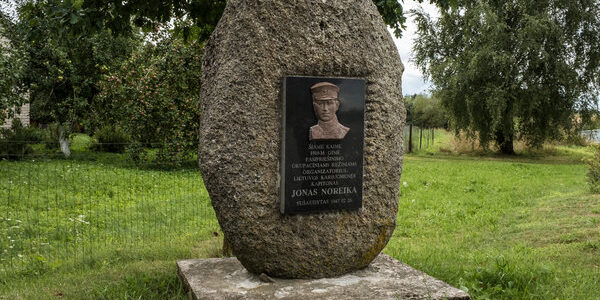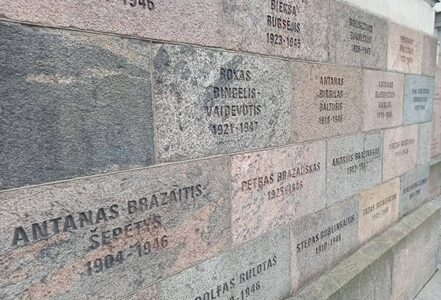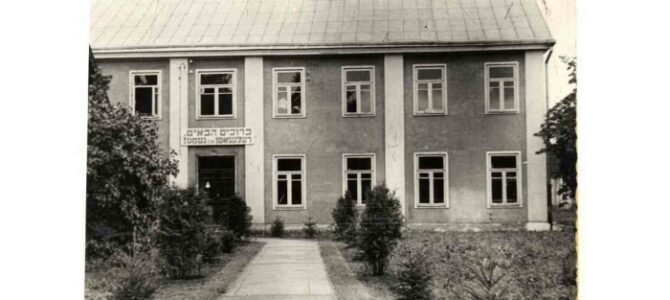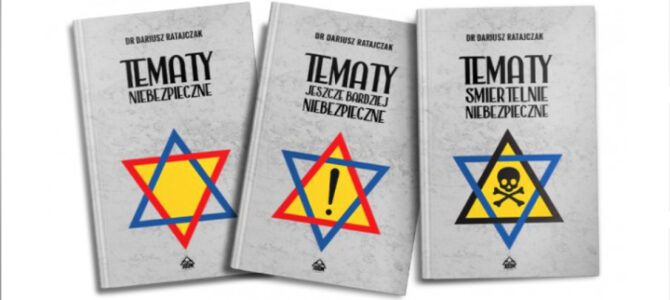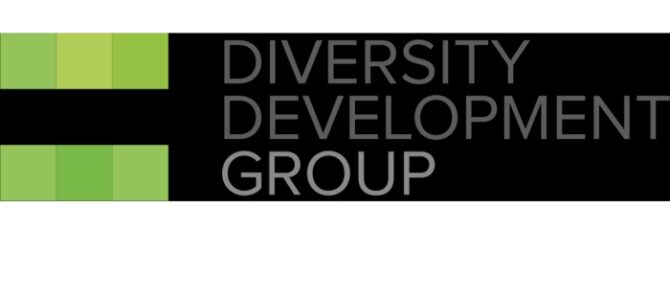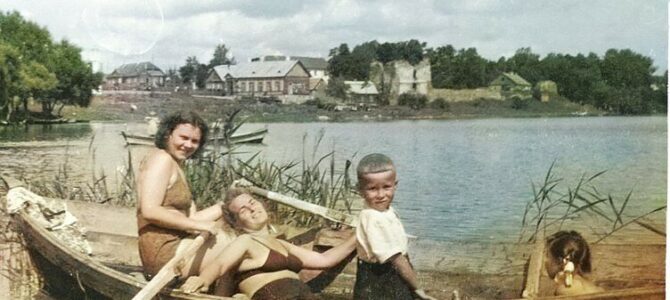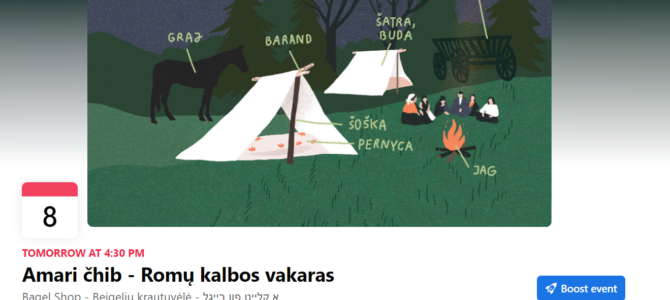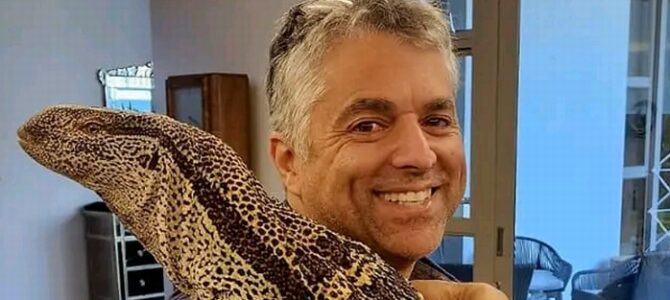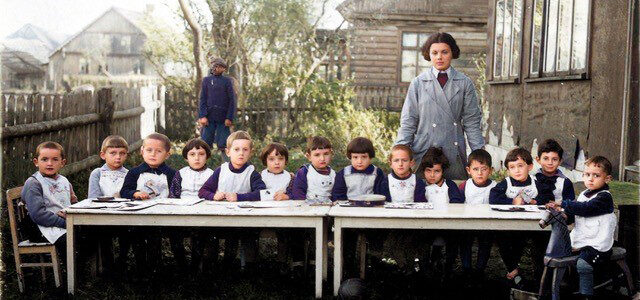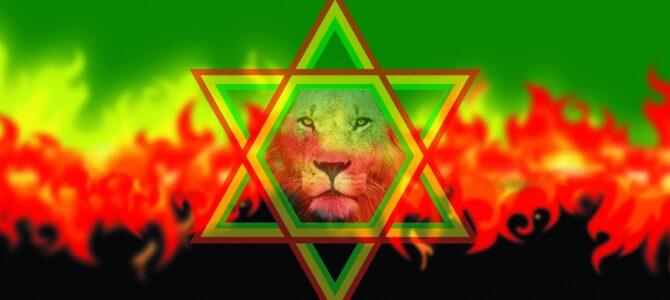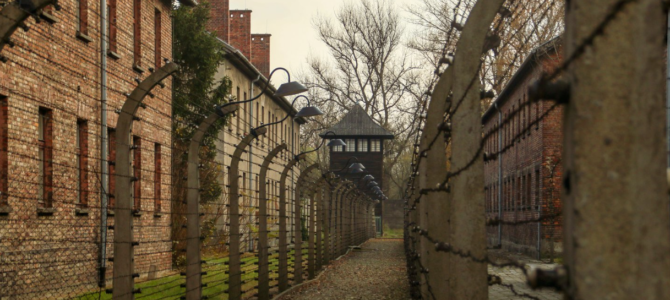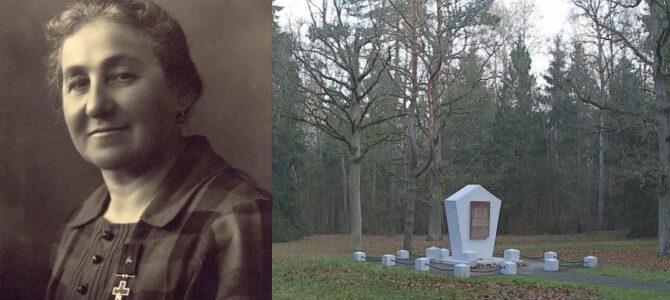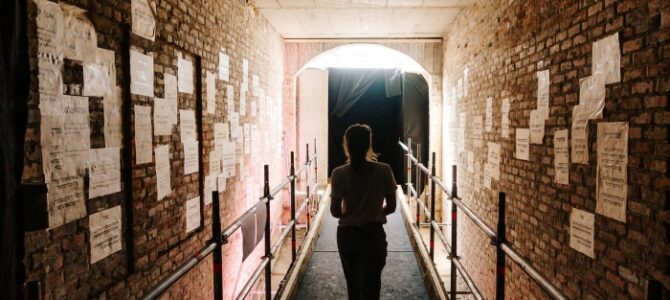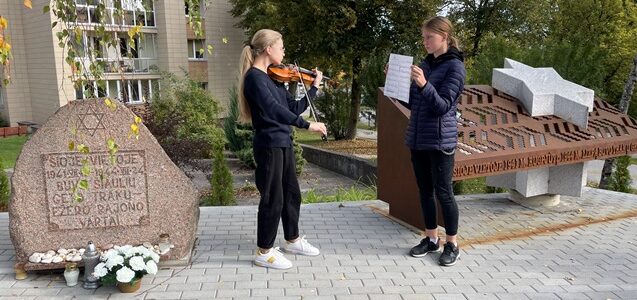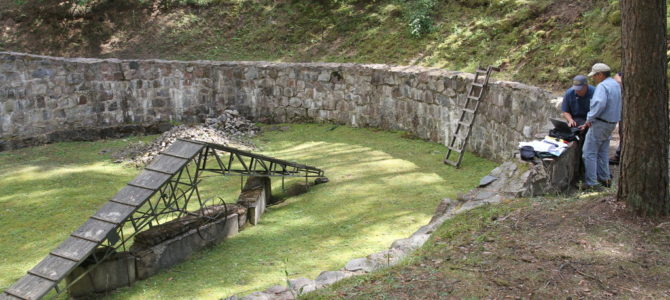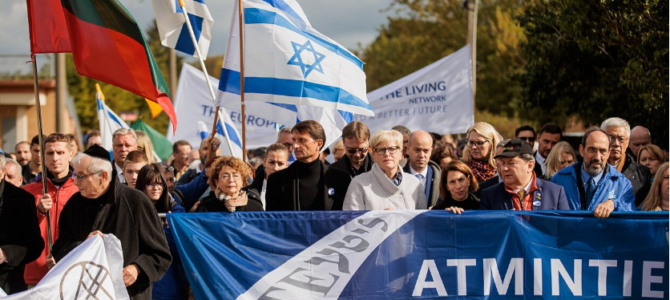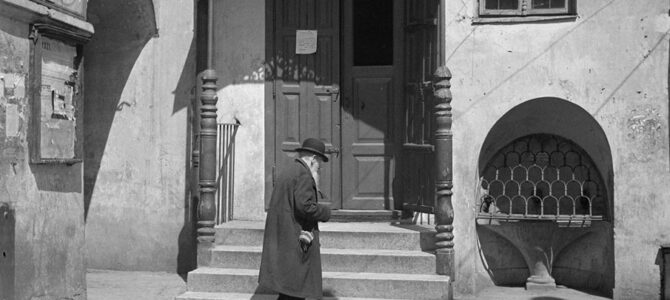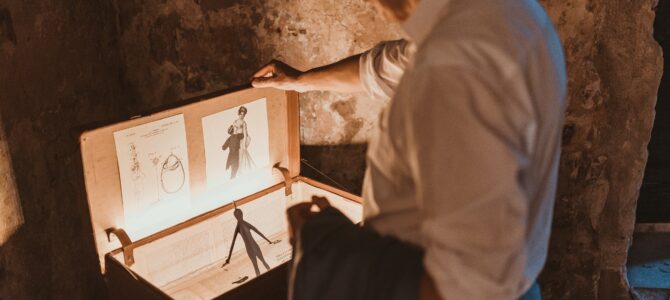Joe Biden: Well, folks, Happy Hanukkah, everyone. On behalf of Jill, Doug and Kamala, thank you. And Rabbi Bronia, thank you for hanging out with me la- –a couple weeks ago. And Michèle and Abigale. To all of you here, including so many friends, thank you being–for being part of this moment.
Just over two months ago, Jill and I her- –hosted the first-ever High Holiday reception at the White House.
It was deeply meaningful. It was something that we’ve alwa- –we’ll remember. And I felt–it felt what–what the Jewish proverb teaches: “What comes from the heart goes to the heart.” And it went to our heart, for real. It’s never happened before in the White House.
Full press release here.



